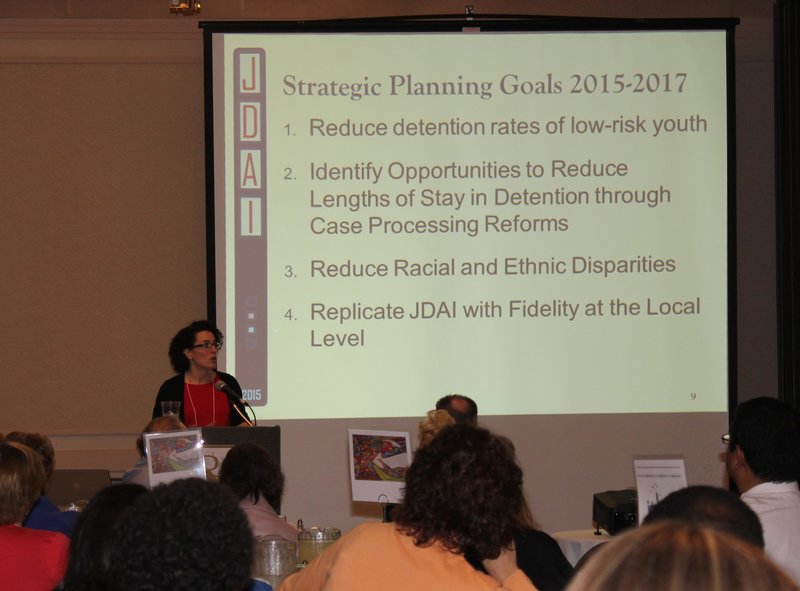MA Drops Number of Youth in Secure Detention

Mike Clifford – Commonwealth News Service
BOSTON – The number of Bay State kids being held in secure detention while awaiting court dates has dropped by more than 50 percent over eight years, and local advocates credit a national initiative aimed at diverting young people from incarceration.
According to Lynsey Heffernan, state coordinator with the Department of Youth Services, the number of youths held in secure detention is down from 4,500 young people in 2006 to about 2,000 in 2015.
“Across the board, the real shift we’ve seen in the last decade, I think, is understanding that detention is not a good place for kids to grow up and to be; and that there are harms associated with that,” Heffernan said.
The Juvenile Detention Alternatives Initiative, a model program started by the Annie E. Casey Foundation, is marking its 25th anniversary this week.
From 2007 until 2015, Massachusetts recorded a 55 percent overall drop in the number of kids being held in detention. But Heffernan said the state still has work to do in tackling racial disparities.
“White youth decreased at a much faster rate than the average at 69 percent, Black youth were about on average, and Hispanic youth decreased by only 26 percent,” she said.
“So Hispanic youth now make up the largest portion of our detention system.”
Heffernan said partners in this collaborative reform are also concerned that young people in Massachusetts are being detained longer – up from three weeks to four weeks over the last couple of years.
“To try to figure out why are they staying longer. And, from where we sit, particularly for low-risk kids, every day in detention is a potential exposure to a new peer group,” Heffernan said.
“Every day they are not in school, they are not in positive social activities.” Research has shown that, even in facilities that try to support young people’s educational needs, a stay in a detention program can increase the odds that a young person will drop out of school and increase their likelihood of future recidivism.
Six of the state’s 11 judicial districts are taking part in the JDAI program.
